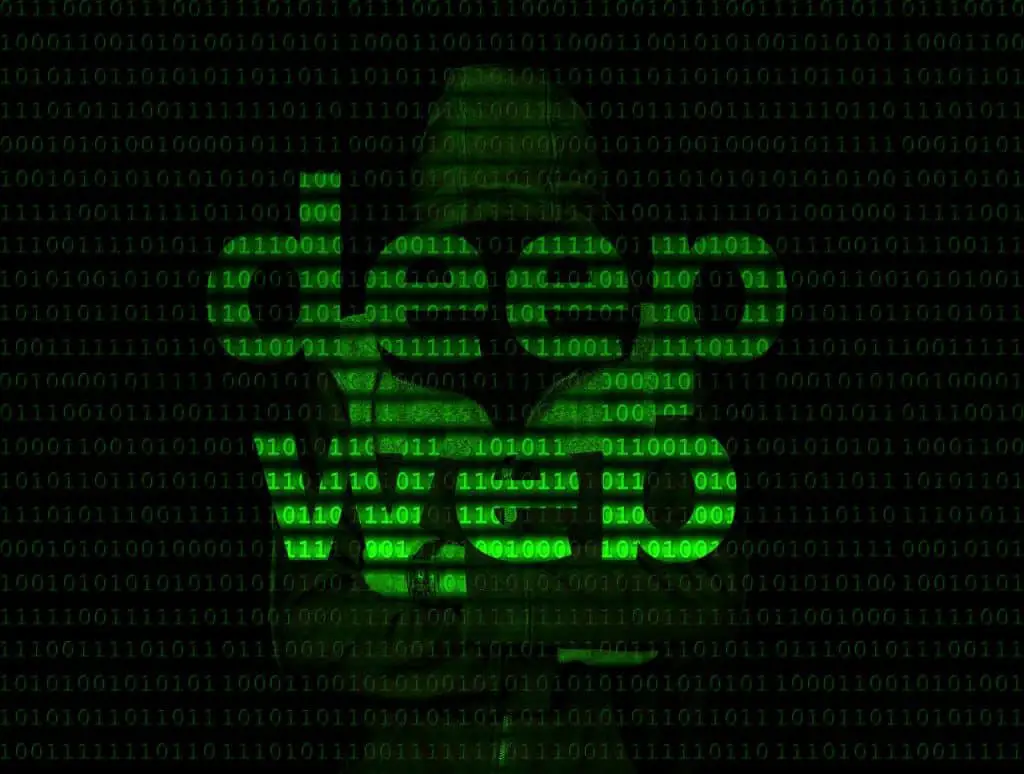Despite the positive benefits of the Internet, there is a dark side that you should be aware of. It’s the dark side of the network.
What is The Dark Side of the Internet?
To the generally optimistic and positive picture of Internet service must be added a realistic view of its darker side. The online environment and the devices we use to exercise it are filled with software. It is an unfortunate fact that programmers have not succeeded in discovering how to write software of any complexity that is free of mistakes and vulnerabilities.
Despite the truly remarkable and positive benefits already delivered to us through the Internet, we must cope with the fact that the Internet is not always a safe place.
The software upon which we rely in our access devices, in the application servers, and in the devices that realize the Internet itself (routers, firewalls, gateways, switches, etc.) is a major vulnerability, given the apparently inescapable presence of bugs.
Not everyone with access to the Internet has other users’ best interests at heart. Some see the increasing dependence of our societies on the Internet as an opportunity for exploitation and harm. Some are motivated by a desire to benefit themselves at the expense of others, some by a desire to hurt others, some by nationalistic sentiments, some by international politics. That Shakespeare’s plays are still popular after 500 years suggests that human frailties have not changed in the past half-millennium! The weaknesses and vulnerabilities of the Internet software environment are exploited regularly. What might the future hold in terms of making the Internet a safer and more secure place in which to operate?

It is clear that simple usernames and passwords are inadequate to the task of protecting against unauthorized access and that multi-factor and perhaps also biometric means are going to be needed to accomplish the desired effect. We may anticipate that such features might become a part of reaching adulthood or perhaps a rite of passage at an earlier age. Purely software attempts to cope with confidentiality, privacy, access control, and the like will give way to hardware-reinforced security. Digitally signed Basic Input/Output System (BIOS), for example, is already a feature of some new chipsets. Some form of trusted computing platform will be needed as the future unfolds and as online and offline hazards proliferate.
Governments are formed that are, in principle, kinds of social contracts. Citizens give up some freedoms in exchange for safety from harm. Not all regimes have their citizens’ best interests at heart, of course. There are authoritarian regimes whose primary interest is staying in power. Setting these examples aside, however, it is becoming clear that the hazards of using computers and being online have come to the attention of democratic as well as authoritarian regimes. There is tension between law enforcement (and even determination of what the law should be) and the desire of citizens for privacy and freedom of action. Balancing these tensions is a nontrivial exercise. The private sector is pressed into becoming an enforcer of the law when this role is not necessarily an appropriate one. The private sector is also coerced into breaching privacy in the name of the law.
Internet Governance
Internet Governance is a broad term that is frequently interpreted in various ways depending on the interest of the party desiring to define it for particular purposes. In a general sense, Internet Governance has to do with the policies, procedures, and conventions adopted domestically and internationally for the use of the Internet. It has not only to do with the technical ways in which the Internet is operated, implemented, and evolved but also with the ways in which it is used or abused.
In some cases, it has to do with the content of the Internet and the applications to which the Internet is put. It is evident that abuse is undertaken through the Internet. Fraud, stalking, misinformation, incitement, theft, operational interference, and a host of other abuses have been identified. Efforts to defend against them are often stymied by lack of jurisdiction, particularly in cases where international borders are involved. Ultimately, we will have to reach some conclusions domestically and internationally as to which behaviors will be tolerated and which will not, and what the consequences of abusive behavior will be. We will continue to debate these problems well into the future. Our societies have evolved various mechanisms for protecting citizens. One of these mechanisms is the Fire Department. Sometimes volunteer, this institution is intended to put outbuilding or forest fires to minimize risks to the population.
We do not have a similar institution for dealing with various forms of “cyberfires” in which our machines are under attack or are otherwise malfunctioning, risking others by the propagation of viruses, worms, and Trojan horses or participation in botnet denial-of-service or other forms of attacks. Although some of these matters may deserve national-level responses, many are really local problems that would benefit from a “Cyber Fire Department” that individuals and businesses could call upon for assistance. When the cyber fire is put out, the question of cause and origin could be investigated as is done with real fires. If deliberately set, the problem would become one of law enforcement.